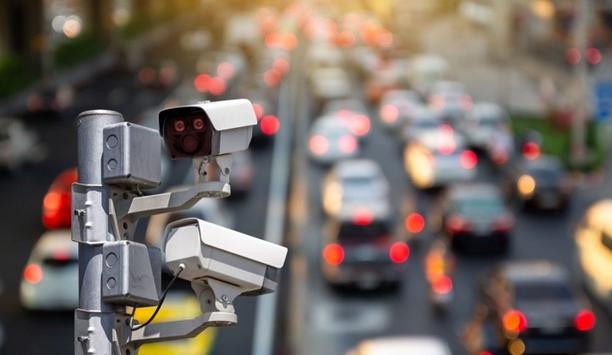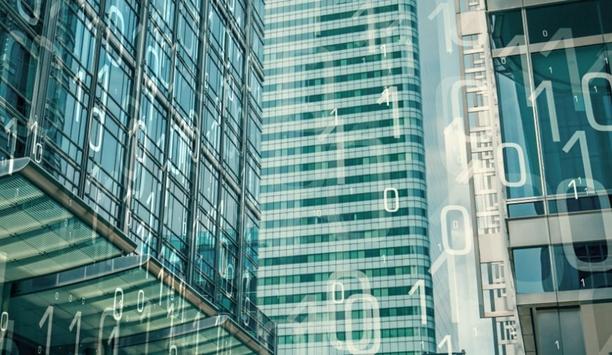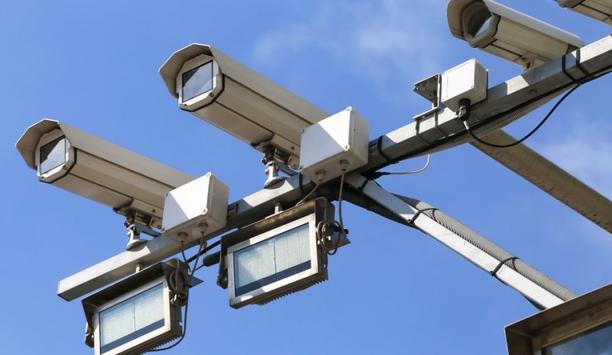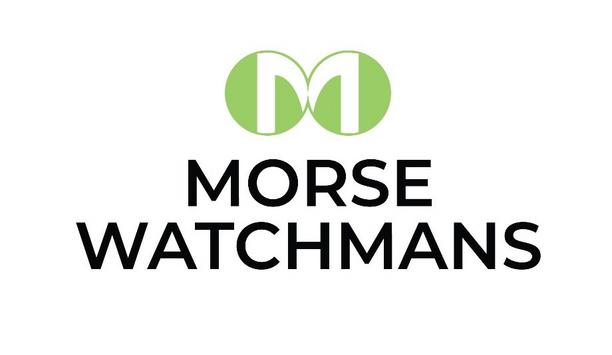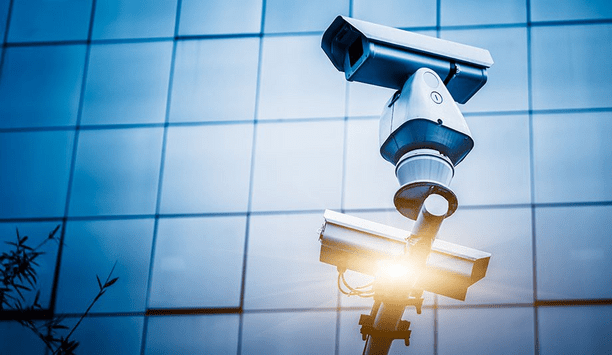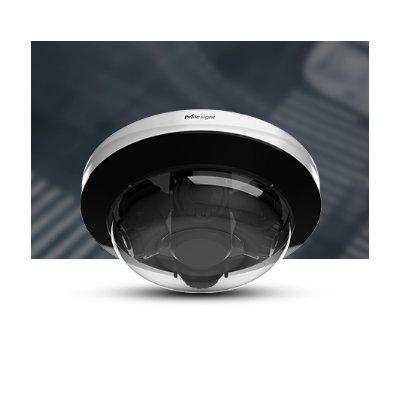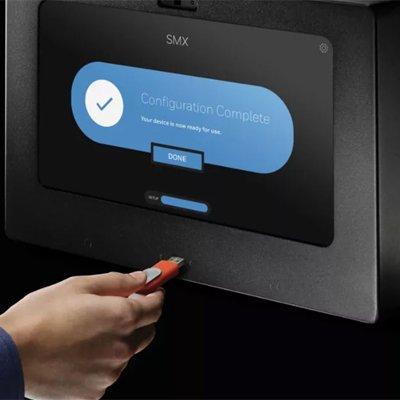Repercussions are rippling through the physical security industry since President Trump signed into law the ban on government uses of surveillance equipment by Chinese manufacturers Hikvision and Dahua. In addition to the direct and indirect consequences of the new law, there have also been other developments likely to impact the future of Chinese companies in the video surveillance market.
The ban has raised awareness of Chinese companies’ role in video surveillance, and other developments are related to tariffs and possible sanctions, all playing out amid the backdrop of an escalating trade war.
One Chinese manufacturer previously dismissed security concerns about its role in video surveillance as “Cold War rhetoric.” There has been an almost nostalgic tone recently to the escalating concerns about video cameras being used for spying.
Hikvision and Dahua have both stated emphatically that they have not conducted any espionage-related activities. Even so, the U.S. government ban has emboldened the concerns. However, to be clear: No one has alleged that technologies from either of the companies have been used for espionage.
Rather, the concerns are about the potential for misuse, not actual misuse. Also aggravating the situation are Chinese companies’ previous, actual problems with cybersecurity, which the companies say they have addressed.
Here are some recent developments related to the U.S. government ban and Chinese manufacturers in general:
Tariffs and trade concerns
Additional rounds of U.S. tariffs have targeted an expanding array of Chinese goods, including data storage and processing components such as printed circuit boards, as well as video camera lenses. The escalating trade war has kept generalised concerns about China and its trade practices in the public eye and fomented a level of uncertainty in many markets, including physical security.
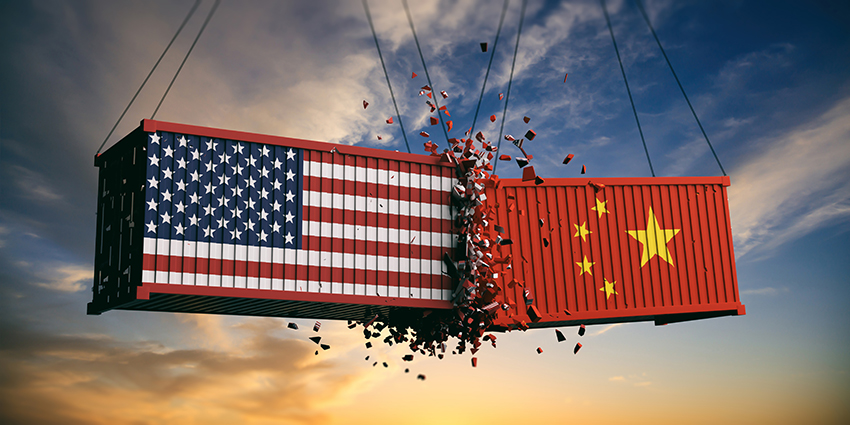 |
| Additional rounds of U.S. tariffs have targeted an expanding array of Chinese goods |
Involvement of surveillance in Chinese human rights violations
Concerns have surfaced in a Congressional hearing recently about the Chinese government’s surveillance activities targeting the Uyghurs and other Muslim ethnic minorities in the Zinjiang Urghur Autonomous Region (XUAR). Specific attention is being directed at the region’s surveillance system including “thousands of surveillance cameras, including in mosques,” and Hikvision and Dahua were mentioned in the Congressional hearing as profiting from security spending in the area.
Increased global media attention
The ban has not been widely publicised in the U.S. mainstream media, but the topic has attracted global attention. For example, the Australian Broadcasting Corporation broadcast a 10-minute expose on the use of Chinese-made cameras in Australian government facilities, including “sensitive military facilities.”
The report, which mentioned the U.S. ban, noted that “Both [Hikvision and Dahua] have had security flaws be exposed leading to fears that some of the flaws were placed there to help the Chinese government spy.” The report continues: “China is trying to set itself up as the number-one country for cyber-espionage, and this is part of that platform.”
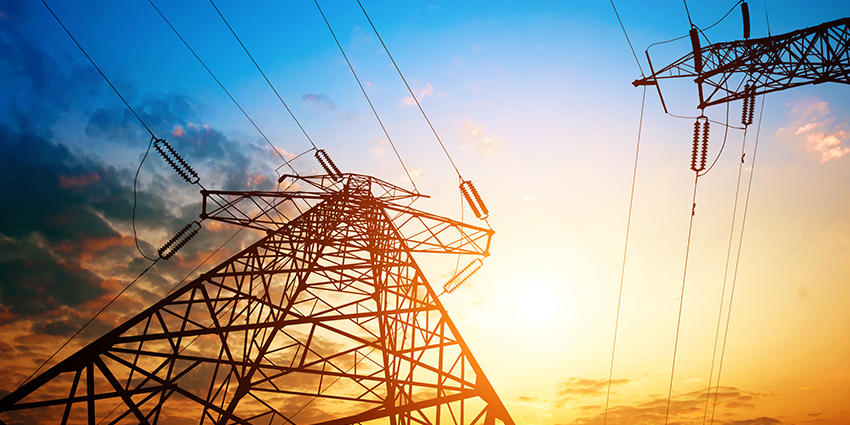 |
| How broadly should one interpret the inclusion of "critical infrastructure" mentioned in the bill? |
Broader interpretation of the bill beyond the federal government
The language in the bill leaves a level of ambiguity in terms of the scope of its application, and the security marketplace as a whole has been struggling to understand its full impact. Does the ban only restrict an integrator’s use of Chinese technology on a specific government job, or does it eliminate an integrator who installs the technology (even in non-government projects) from consideration for government jobs?
How broadly should one interpret the inclusion of “critical infrastructure” mentioned in the bill, for example, non-governmental facilities? Will other governments and private entities assume they should ban Hikvision and Dahua in order to be compliant? For example, Suffolk, Virginia, has announced it will not to use Dahua or Hikvision cameras because the federal ban applies to “U.S. government-funded contracts and for critical infrastructure and national security usage.”
The result of these developments is a kind of snowball effect, simultaneously drawing attention to the issues and adding new elements to an overall narrative. Taken together, these developments suggest the U.S. ban has set off a level of concern about Chinese companies that will have an industry-transforming impact in the months to come.












